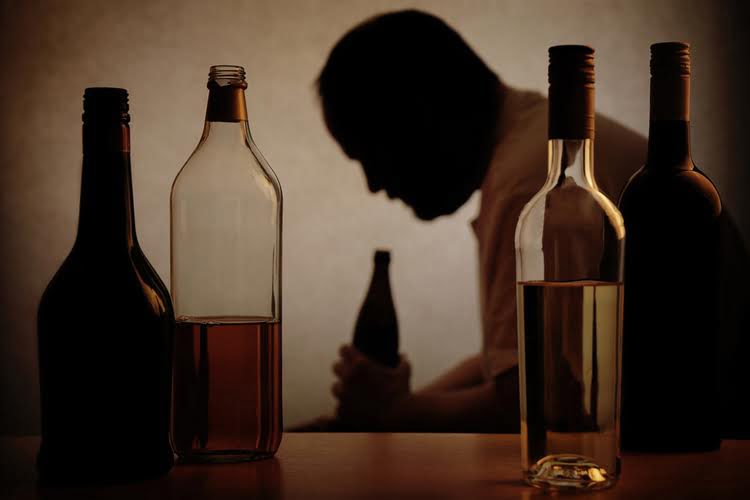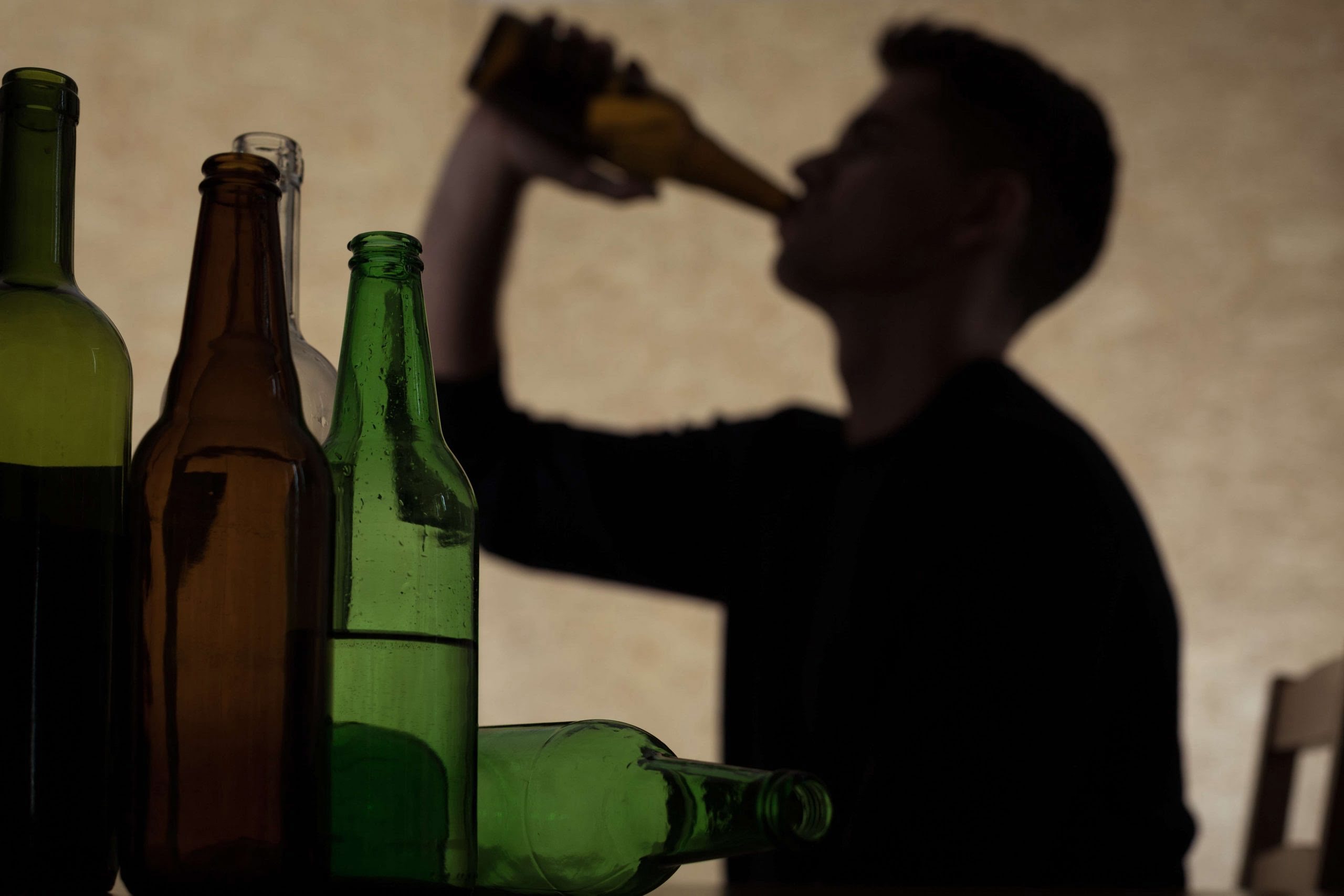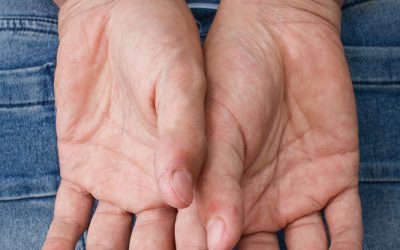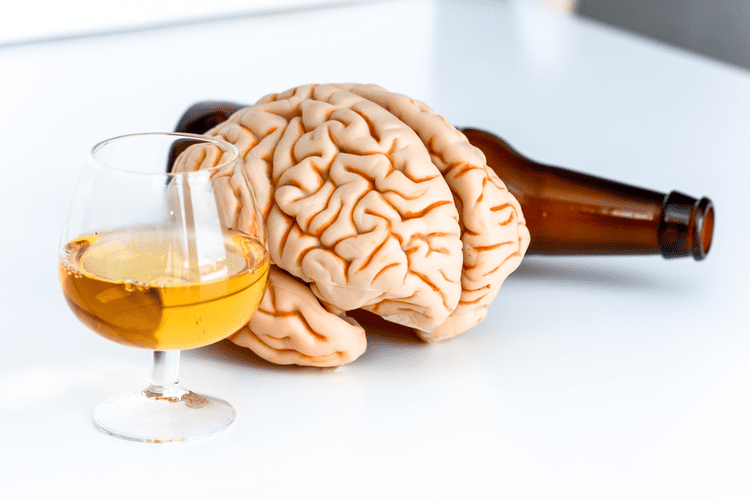This explains why consuming alcohol can lead to sensations of warmth in the throat, chest, and lungs. Alcohol consumption affects your ability to regulate your body temperature. This phenomenon is called vasodilation, where blood vessels widen, increasing blood flow to the skin. Alcohol, though it might give a momentary feeling of warmth, can actually lead to shivers Twelve-step program and discomfort. As your body processes alcohol, blood vessels widen, leading to heat loss and that chilly sensation. Understanding how alcohol affects your body’s temperature regulation is the key to dealing with this phenomenon.
Treatment Process
- By focusing on hydration and moderation, as well as employing cooling techniques, individuals can find relief from hot flushes.
- Alcohol also increases urination, which makes your body lose water along with sweat and can lead to dehydration.
- In rare cases, if untreated, an alcohol allergy can be life-threatening.
- Well, alcohol intake may lead to night sweats by speeding up your heart rate and widening your blood vessels, triggering the release of perspiration.
The vasodilation caused by alcohol can make you feel warm regardless of the external temperature. This sensation can be misleading and potentially contribute to hypothermia in cold environments, as alcohol dilates blood vessels without actually raising body temperature. Older individuals may experience a more pronounced vasodilation response due to age-related changes in blood vessel function, potentially increasing the sensation of coldness. If you experience severe symptoms such as dizziness, nausea, or prolonged heat sensations after drinking alcohol, it’s important to seek medical attention to rule out any underlying health issues. No, feeling warm after consuming alcohol does not necessarily indicate intoxication.
Alcohol withdrawal
According to another article, bananas help replenish magnesium and potassium, which are essential electrolytes depleted by heavy drinking. Some research has also shown that people with alcohol dependence benefit from vitamin B6, which you can get from poultry and potatoes. You may sweat due to the heat if you may be drinking in an outdoor environment or under the sun, of course! Besides this, if you’re drinking while seated in a crowded, poorly ventilated place, you might also feel overheated. Your liver is actually the main heat-producing organ in your body anyway.
What to Avoid When Taking Naltrexone

A few drinks may cause your heart to accelerate, which further increases the chances of flushing and sweating. Dr Jain says, “Alcohol impacts the central nervous system, the circulatory system, and every part of your body. Thus, drinking leads to an increased heart rate and widens blood vessels in your skin.” This tends to trigger perspiration.

If you drink, do so in moderation and pair it with a balanced meal to stabilize blood sugar. Drinking plenty of water can help combat dehydration, and ensuring you https://formness.com/the-physical-and-mental-health-effects-of-alcohol/ get good sleep (both in terms of quantity and quality) can also mitigate feelings of tiredness. While you might feel relaxed after a drink, alcohol activates the body’s stress response systems, including releasing the stress hormone cortisol, which can contribute to feelings of fatigue.
While a hangover can bring about various discomforts, having an actual fever isn’t typically one of them. A fever typically indicates that your body is battling an infection or dealing with an illness – and a hangover itself doesn’t fall under that category. One study of 948 individuals found that 7.2% self-reported wine intolerance. If you’re experiencing similar changes after starting a new medication, it might be time to have a chat with your doctor or pharmacist.
Sweating and hot flashes are signs of the body’s fight-or-flight response. Another option would be to have alcoholic drinks with lower alcohol content, which means your liver has why does alcohol make me feel hot less work to do since you’ll have less alcohol in your system. That way you can still enjoy some drinks, but also give your liver a bit of a rest.
When you drink alcohol, it’s absorbed into your bloodstream through your stomach and small intestine. From there, it travels to your liver, where it is metabolized into acetaldehyde and then into acetate. Night sweats and hot flashes can also occur after drinking, and it’s important to stay alert for signs of alcohol poisoning.








